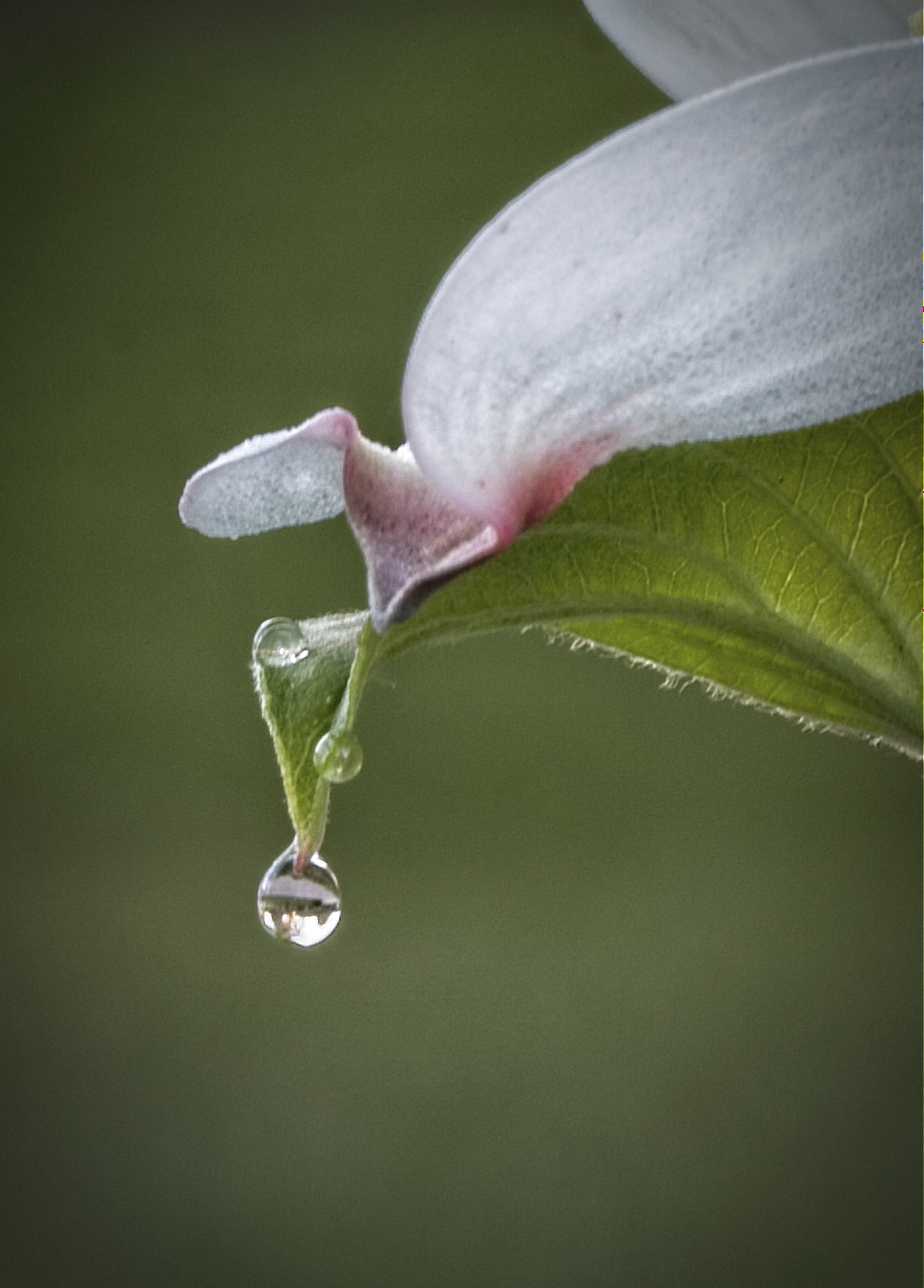 James Braun
James Braun
An Immortal Man
by TARANOM
Living in Iran has always been difficult for the Bahá’ís. Because of their beliefs, they are on the margins of society; and if they stand up for those beliefs, they may be persecuted. For Bahá’ís, it can be challenging to be of service to society; no matter how many degrees you have or how much experience, you could be arrested, tortured, or even killed. There are many stories of Bahá’ís being harassed because of their beliefs, and this is one.
On my father’s side, I am from Hamadan, a city in the west of Iran. My father frequently told me a story about a doctor in Hamadan who did everything he could to help others; he always stood up for his beliefs, and he never tired of being of service. When my father told me his story, I realized that a person can spend years gaining scientific knowledge and still not forget to develop his character.
Naser Vafaee was a famous doctor who worked for years in Hamadan. He had many important responsibilities in that city. It was said that he carried them out with perfection. He often helped poor people who couldn’t afford to pay him, examining them for free and bringing them medicine when they needed it. Occasionally, he also went to the nearby villages and gave his services to people in need of his care. He did not concern himself with remuneration at all; much of the work he did, he did for free.
In 1359 AH (1980 AD), Dr. Vafaee, along with a number of other Bahá’ís, was arrested while at work. While in prison, they were all interrogated and tortured in unimaginable ways. Dr. Vafaee kept a diary of those daily events. An excerpt reads: “They brought us here for execution, but we are immortal now, so it was worth it.” After a year in prison, Dr. Vafaee was executed; five bullets were found in his body.
I used to believe that pursuing the study of science would be so demanding that a person couldn’t do anything but study. But the story of Dr. Vafaee’s life showed me that having a successful career as a doctor does not mean that one has to abandon one’s desire to be of service to humanity; in fact, it is quite the opposite. Academic studies and spiritual development can, together, be a powerful combination. Observing the sacrifices made by Dr. Vafaee taught me a lot, and I always strive to emulate him in the way I live my life.

